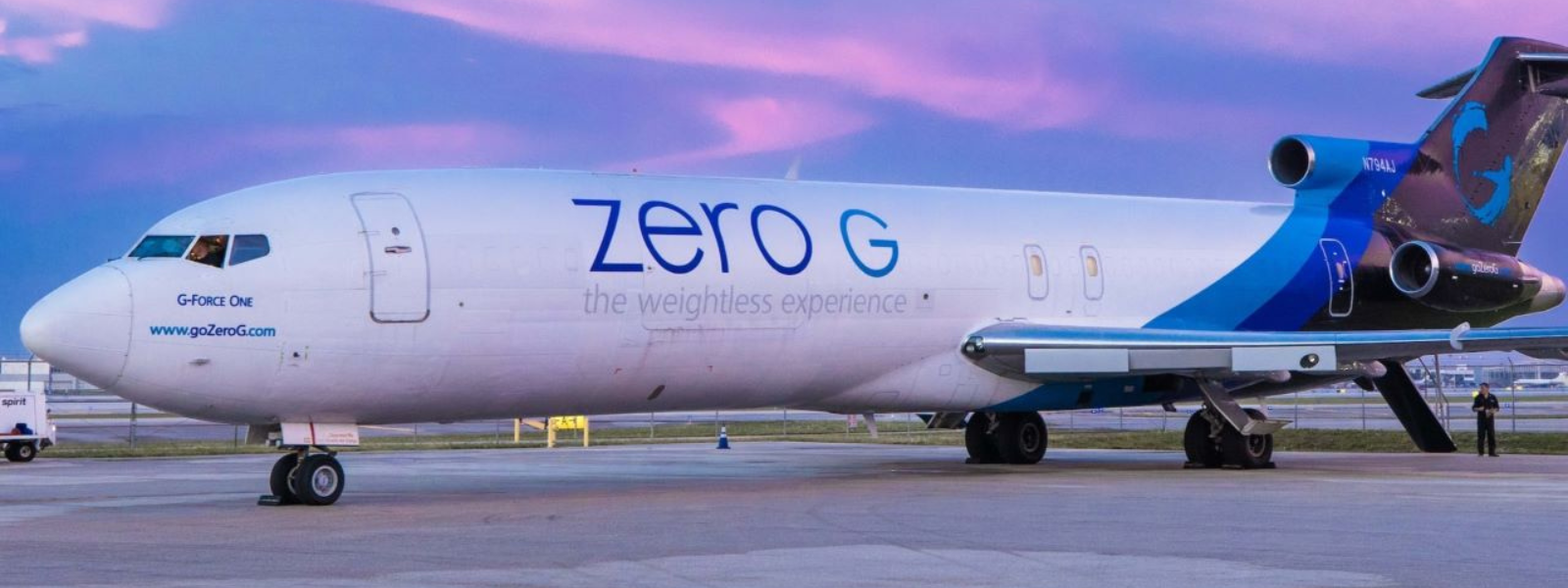
“Once cryogenic liquid turns to vapor, it can no longer be used as propellant. Our research is focused on providing a technology to minimize or even eliminate that boil-off loss.” said the research teams lead, Jacob Chung, a professor in the Department of Mechanical and Aerospace Engineering and member of the Astraeus Space Institute.
The work — funded by NASA’s Flight Opportunities program — aims to solve one of the most pressing technical challenges in deep space exploration: preventing the boil-off of cryogenic rocket fuels during long missions. Without efficient thermal management, the supercooled propellants essential to future moon and Mars missions can gradually evaporate, rendering them unusable.

